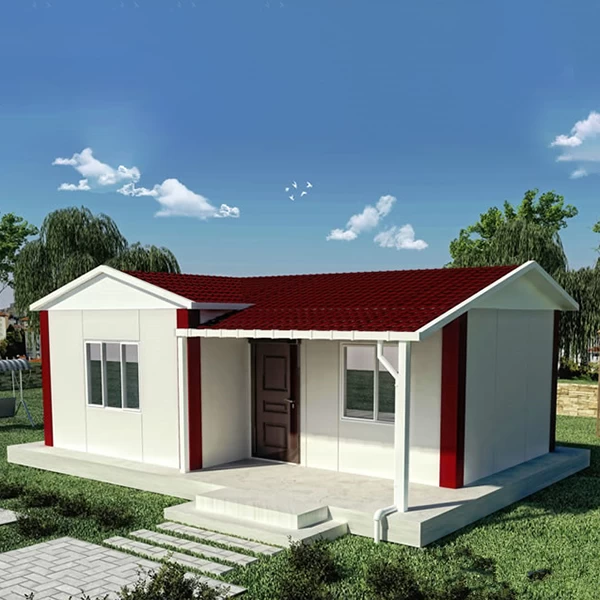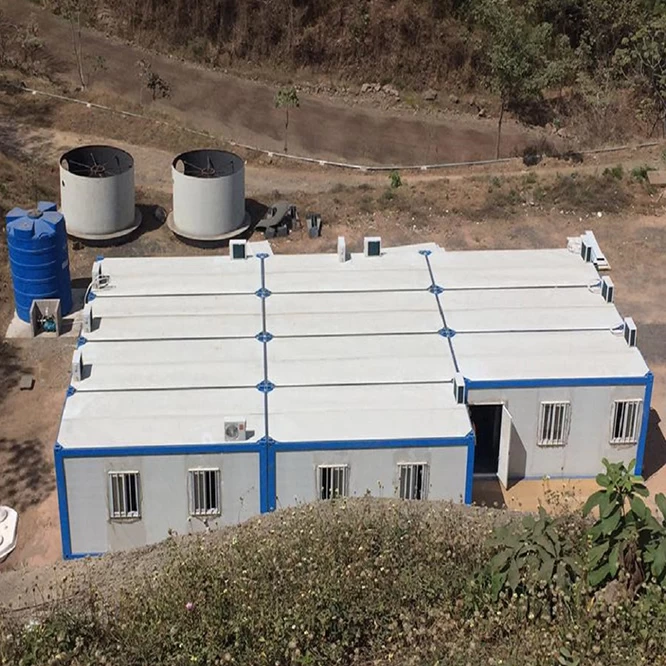Strong Synergy Opportunities for Africa in the Belt and Road Initiative
Nyerere Bridge built by a Chinese company in Dar es Salaam, capital of Tanzania. Many infrastructures built under the framework of the Belt and Road Initiative help strengthen connectivity among African countries (XINHUA)
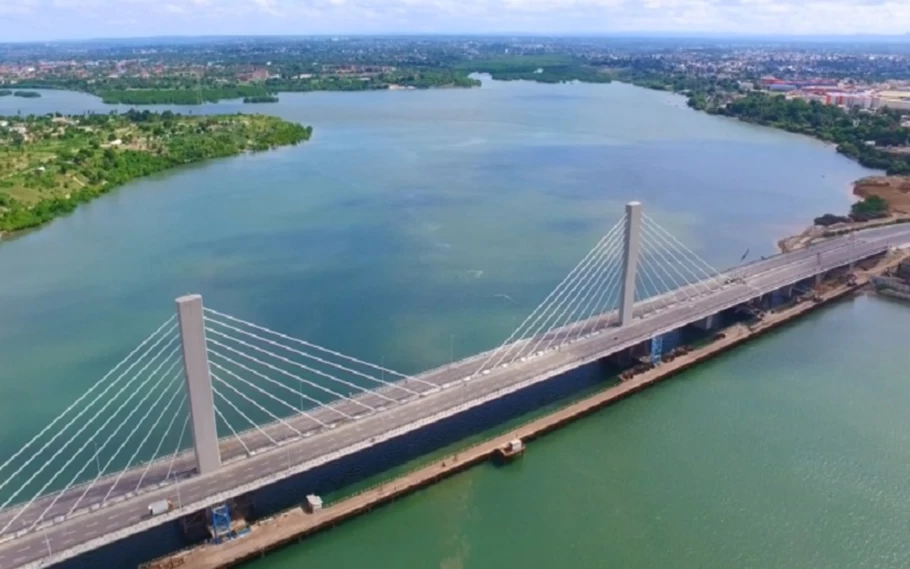
The lack of physical and institutional infrastructure connectivity has long been the historical deficit challenging the pan-Africanist vision. This is equally true of Africa's agenda for regional integration and construction of economies of scale for efficient assimilation into the global value chain.
Because of the deficit, African countries trade more with others than among themselves. As an example, the cost of shipping from one country to another in Africa is prohibitively expensive and hampers the core value of economies of scale and opportunities of comparative advantage among the countries within the region.
Due to the shortages in infrastructural connectivity, funding and competent personnel, the struggle of African countries to overcome bottlenecks and build long-term sustainable and inclusive economies has suffered challenges.
However, within the context of the Forum on China-Africa Cooperation (FOCAC), African countries have, through joint efforts with China, begun to overcome some of the structural gridlocks that have hindered economic development.
In the past almost two decades since the establishment of the FOCAC in 2000, which gave practical expression to the historic solidarity that has traditionally existed between China and African countries, the strategic partnership has made great strides in the struggle for sustainable development and improved living conditions for people in Africa.
Belt and Road benefits
The Belt and Road Initiative, China's great contemporary contribution toward global governance and inclusive development, is driving a new framework of consultations, inclusion and participation, through the revival of the spirit of the ancient Silk Road by which mutual exchanges in trade and culture, and people-to-people contacts were facilitated over two millennia ago.
As a global public good, the initiative has already enjoyed global acceptance, though, in some quarters, doubts and outright misrepresentation of its essence and significance remain. However, the initiative, a program of international cooperation that is still a work in process, is not a geo-political strategy to advance grand hegemony and project national chauvinism. China has consistently maintained that the success of the initiative depends on global partnership through extensive consultation, joint contribution and shared benefits among partners.
Highways, railways and other overland transport arteries that link the economies along the Silk Road Economic Belt across the world would align with the 21st Century Maritime Silk Road network that would crisscross the world through upgraded ports, and an integrated maritime and digital network. Across nations and within nations, the initiative would enhance connectivity and create industrial clusters along the routes that feature power plants and other major interconnection facilities.
These unique global public goods that the initiative offers are also at the heart of the crucibles that Africa needs to sustain the momentum of its contemporary renaissance. This is especially important for amassing and harnessing the critical infrastructures conducive to long-term sustainable and inclusive economic development.
New development prospects
At the FOCAC Beijing Summit held in September last year, Chinese President Xi Jinping urged his counterparts from Africa to seize the opportunity created by the complementarity "between our respective development strategies and the major opportunities presented by the Belt and Road Initiative." Xi noted, "The Belt and Road Initiative and Africa Union (AU) Agenda 2063, the UN 2030 Agenda for Sustainable Development and other development programs of Africa countries complement each other." Against this background, Xi is hopeful that China and Africa can "expand areas of cooperation, unlock new cooperation potential, and consolidate our traditional areas of cooperation and foster new highlights of cooperation in the new economy."
In the Beijing Declaration - Toward an Even Stronger China-Africa Community With a Shared Future and the FOCAC Beijing Action Plan (2019-21) adopted at the FOCAC Beijing Summit, the two sides affirmed that "Africa, being part of the historical and natural extension of the Belt and Road, has been an important participant in this initiative. The cooperation between China and Africa under the Belt and Road Initiative will generate more resources and means, expand the market and space for African development, and broaden its development prospects."
Negative criticism not warranted
Going forward, the two sides agreed "to form a strong synergy between the Belt and Road Initiative and the 2030 Agenda for Sustainable Development of the UN, Agenda 2063 of the AU, as well as the development strategies of Africa," and expressed the firm belief that "the closer connectivity in policy, infrastructure, trade, finance and people-to-people ties, strengthened industrial capacity cooperation under the Belt and Road Initiative, and greater cooperation in the planning of African infrastructure and industrial development will lend new impetus to the win-win cooperation and development between China and Africa."
As Africa and China deepen cooperation through such a strategic framework as the Belt and Road Initiative, traditional detractors belonging to groups that have historically lacked faith in Africa's renaissance and future, are busy with outlandish innuendoes about "China's neo-colonialist intentions" and "debt trap" strategy.
The good thing is that Africa and China seem too busy and focused with the work at hand and certainly appear to have no time to pay attention to these allegations.
China-Africa cooperation, spanning nearly seven decades since decolonization of Africa, has never meant to be an Eldorado without twists, turns or even setbacks. Instead, the cooperation is one of mutual respect, common aspirations and now determined efforts on both sides to drive the Belt and Road Initiative. In the process, China-Africa cooperation will become the pacesetter in the building of a community with a shared future for all humankind. This has always been the enabling driver of the steady and stable growth of cooperation between China and Africa.

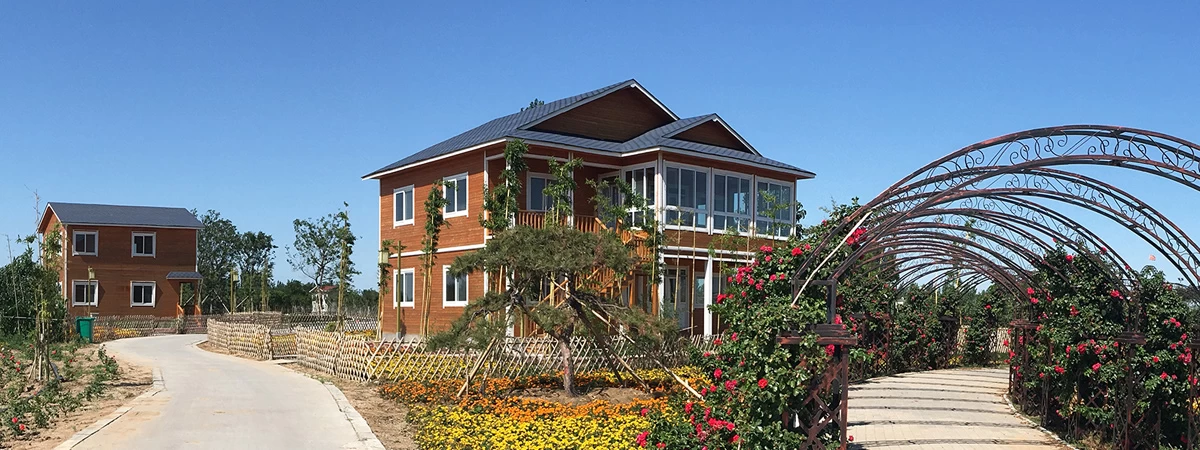
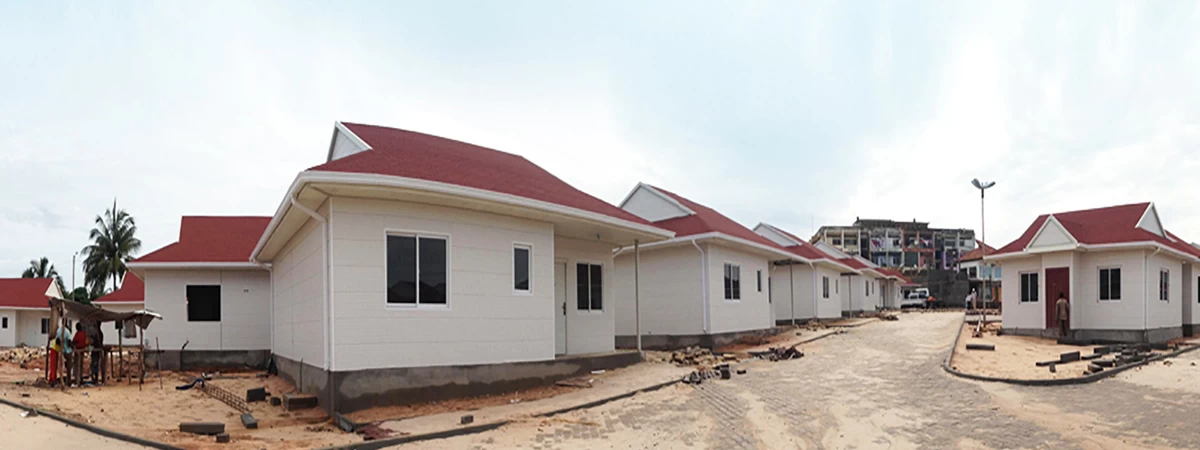
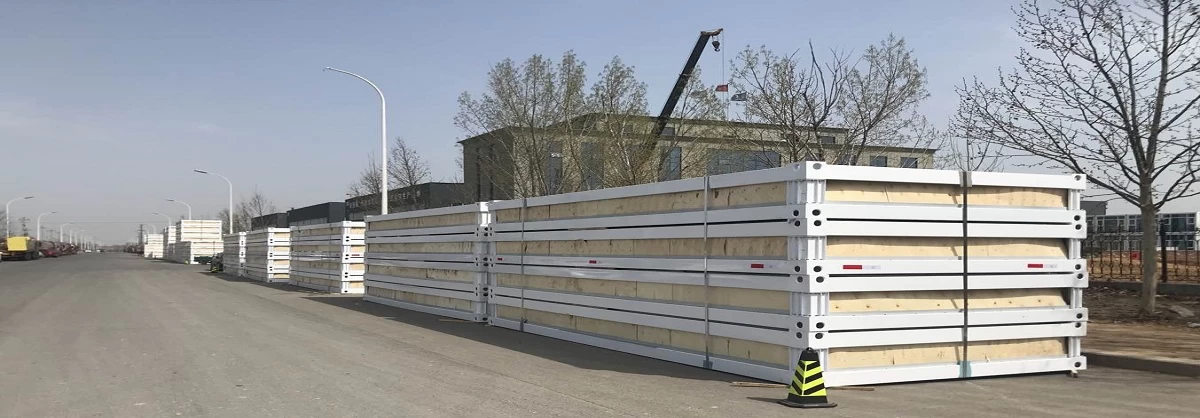
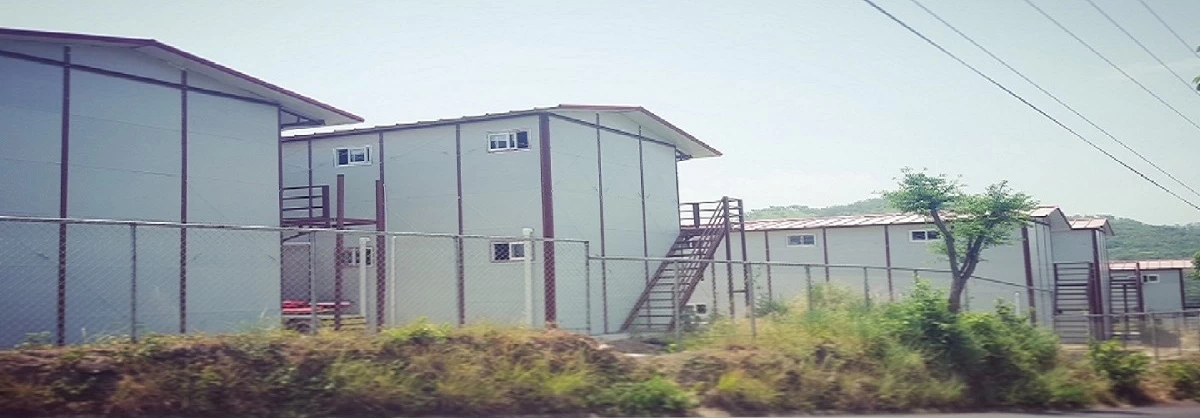


-Heya-Low-Price-Prefab-Villa-Prefabricated-Steel-Structure-Villa-Made-In-China.jpg.webp)
